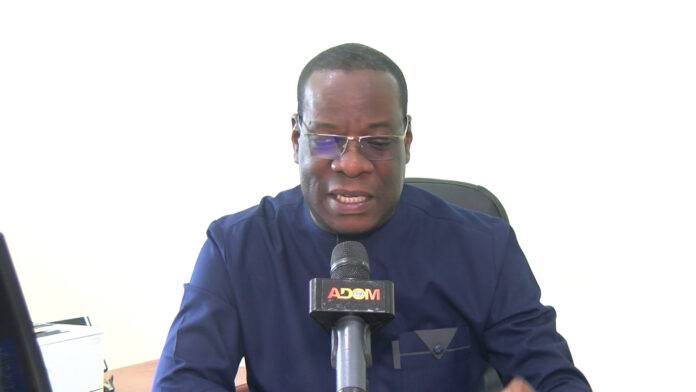Angel Carbonu, President of the National Association of Graduate Teachers (NAGRAT), has outlined why repetition of students is not feasible under the current Free Senior High School (SHS) policy in Ghana. Speaking on Asempa FM, he explained that the government's scholarship system fully funds a student's education for each academic year. If a student repeats a class, it would require the government to pay twice for the same level of education, creating a significant financial burden. This funding challenge has led to the elimination of repetition as an option. Carbonu stressed that the policy views education as a one-time scholarship for every year, making any repetition contrary to its principles.
This approach has created what Carbonu referred to as "wholesale promotion," where students are advanced to the next grade irrespective of their academic performance. Some students take advantage of this system, skipping classes without fear of repercussions, knowing they will be promoted whether they pass or fail. Head teachers who have attempted to hold back underperforming students have faced obstacles since there is no funding allocation for repeated years. Additionally, the absence of a withdrawal policy means even poorly performing students remain in the system, further weakening the overall quality of education. Carbonu noted that this lack of accountability reduces the pressure on students to perform academically, which is detrimental to the education system.
To address these issues, Carbonu called for a review of the Free SHS policy to allow flexibility in handling students who require repetition. He advocated for an open dialogue between educators, policymakers, and other stakeholders to find sustainable solutions. Allowing repetition in critical cases could improve student outcomes and reinforce accountability without significantly straining government resources. However, until such changes are made, the system continues to promote all students regardless of performance, raising concerns about its long-term impact on education standards in Ghana.


